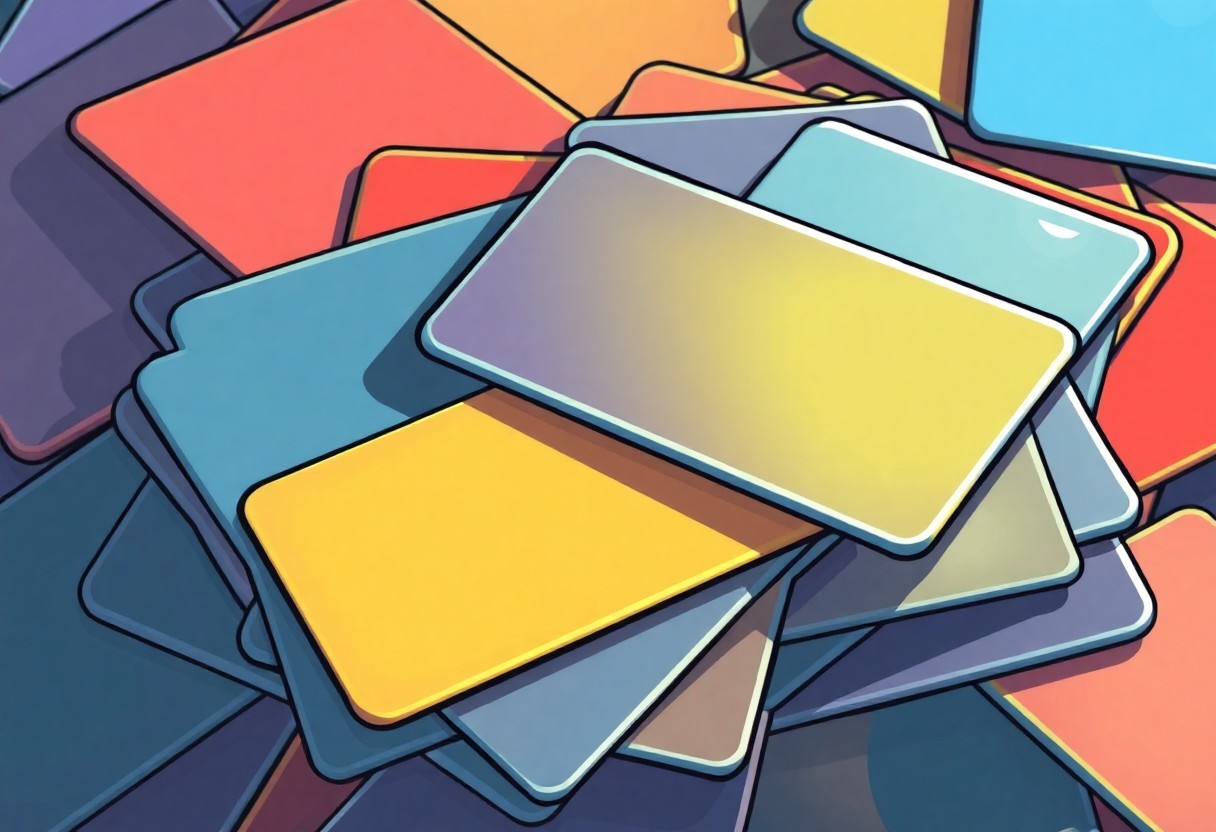Credit cards are financial tools that can be powerful allies when used responsibly. In this article, we’ll explore the fundamentals of credit cards, the reasons to get one, how to use them properly, the benefits of student credit cards, and the concept of hard inquiries.
What Is a Credit Card?
A credit card is a financial instrument that allows you to borrow money from a credit card issuer (typically a bank) to make purchases or pay bills. You’re provided with a credit limit, which represents the maximum amount you can borrow. Each month, you receive a statement summarizing your charges, and you can choose to pay the full balance or make a minimum payment. If you don’t pay the full balance, you’ll incur interest charges on the remaining amount.
Why Get a Credit Card?
There are several compelling reasons to get a credit card:
Build Credit History: Using a credit card responsibly can help you establish and improve your credit history, which is crucial for future financial endeavors, such as applying for loans or mortgages.
Convenience: Credit cards offer a convenient and secure way to make purchases, whether you’re shopping online or in-store. They also provide fraud protection.
Rewards and Perks: Many credit cards offer rewards, such as cashback, travel miles, or discounts on purchases. These perks can help you save money or enjoy special benefits.
Emergency Fund: Credit cards can serve as a financial safety net during unexpected emergencies, allowing you to cover unforeseen expenses.
Using a Credit Card Properly:
To make the most of your credit card and avoid common pitfalls, follow these guidelines:
Pay on Time: Always make at least the minimum payment by the due date to avoid late fees and negative effects on your credit score.
Pay in Full: Whenever possible, pay the full balance to avoid interest charges. Carrying a balance from month to month can lead to debt accumulation.
Monitor Your Spending: Keep track of your credit card spending to stay within your budget and avoid excessive debt.
Understand Your Terms: Read and understand the terms and conditions of your credit card, including the APR (Annual Percentage Rate) and fees.
Avoid Cash Advances: Cash advances typically come with high fees and interest rates. It’s best to avoid them whenever possible.
Student Credit Cards:
Student credit cards are designed specifically for students who are new to credit. They often have lower credit limits and fewer rewards compared to regular cards. These cards are an excellent way for students to start building their credit history and learning responsible credit card use.
Hard Inquiries:
A hard inquiry occurs when a lender or creditor reviews your credit report as part of a credit application. Each hard inquiry can temporarily lower your credit score, so it’s essential to apply for credit wisely. For example, when you apply for a credit card, a lender will typically perform a hard inquiry to assess your creditworthiness.
Conclusion:
In conclusion, credit cards can be valuable financial tools when used responsibly. They offer convenience, help build credit, and provide various benefits. Student credit cards can serve as a stepping stone to responsible credit card use. However, it’s crucial to understand and manage credit wisely to avoid debt and negative credit consequences. Additionally, be mindful of hard inquiries and use them judiciously to protect your credit score.

